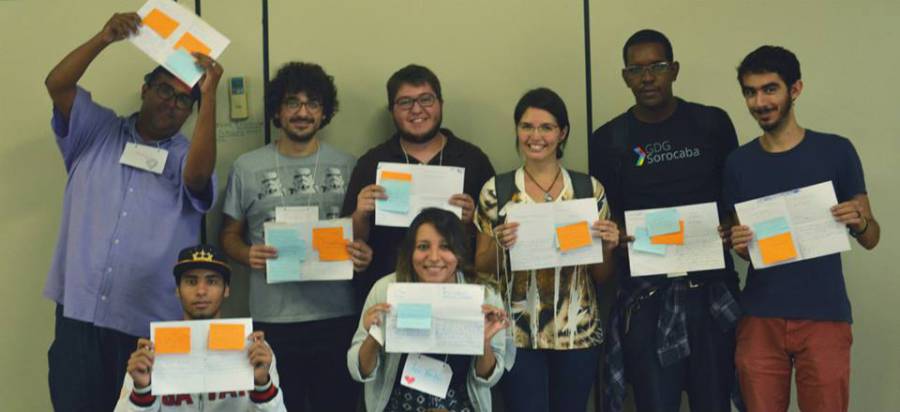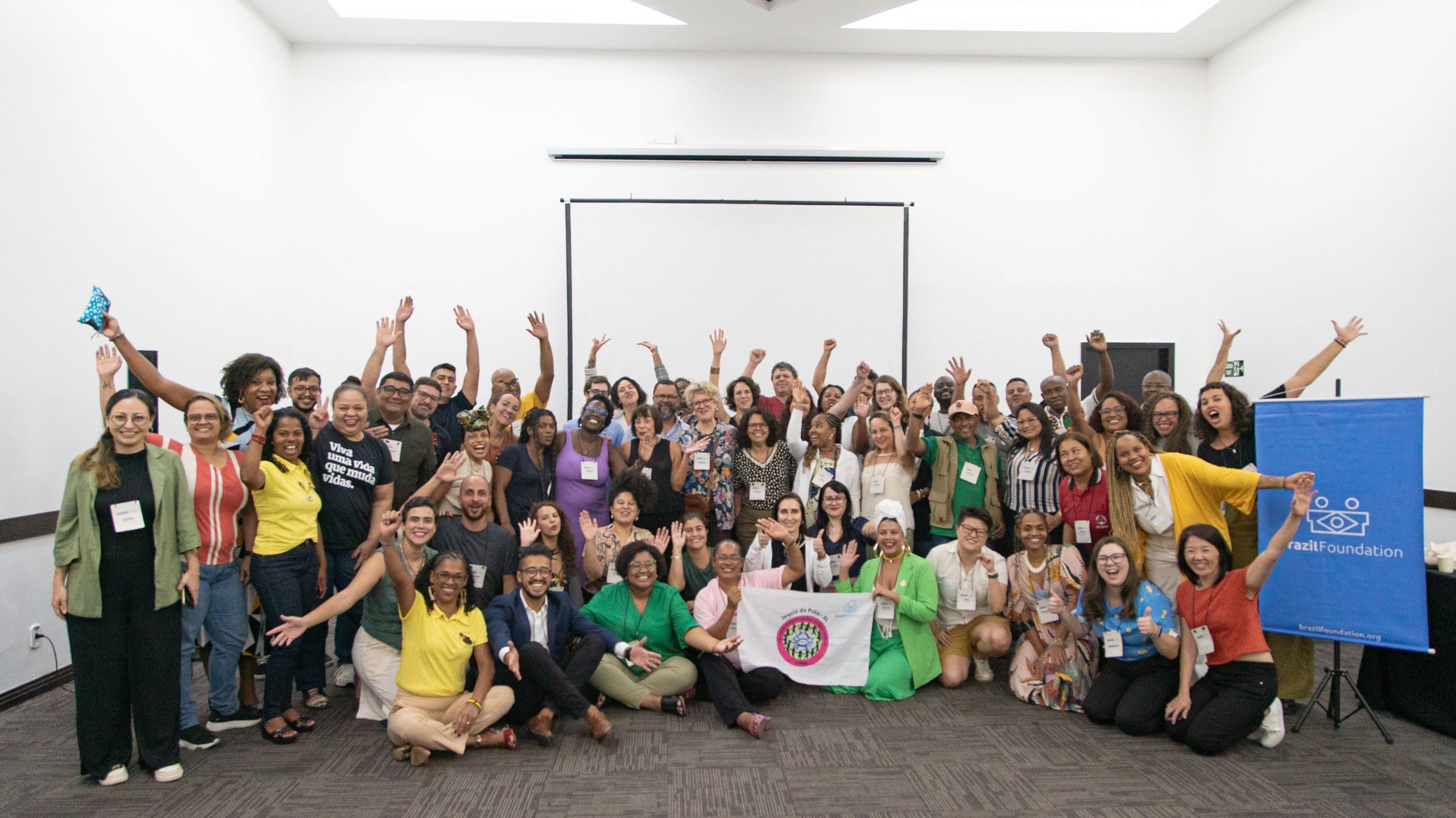The connectivity potential of the world wide web sparked Rodrigo de Luna’s interest a long time ago. It is through internet that the business administrator, who holds a master’s degree in public administration, encourages community participation in creating public policies.
Rodrigo is executive director of Instituto Cidade Democrática, a platform that encourages civic participation in the design and implementation of solutions to improve their city. The idea was born while he was working for the government and realized that mayors, councilmen and governors had not planned adequately to serve the people.
“I thought that the government knew what they needed to do, and I realized they had no plan, things were being done on demand, from fixing potholes to building a school.”
Cidade Democrática, a BrazilFoundation partner since 2014, holds contests to encourage people to create and share proposals. Their newest initiative is Sorocaba Colaborativa, which focuses on education. According to Rodrigo, the contest a significant number of students and teachers participating and holding debates at local schools.
“We throw out a topic, go to the city, call upon the people to participate and mobilize the schools.”
Student Ana Carolina Malesta, 19, proposed to create an environmental education program for public schools in Sorocaba (SP) that would teach children and adolescents to care for the environment. Ana Carolina has received 31 comments from other residents who support her idea and have suggestions.
Launching an idea and spreading it is the first step to entering the contest. After that, you can tweak and improve your idea through the suggestions you receive from other residents. Then comes the part where we fuse ideas, when the Cidade Democrática staff suggest similar proposals to collaborate and join forces. The last step is the event where we announce the winners. But the work does not stop there, the institute is also responsible for connecting the ideas to those who can turn them into reality.
“Throughout this process we coordinate with the local government to find out what can actually be done.” – says Rodrigo.
Cidade Democrática has managed to bring together residents of several cities in São Paulo around worthy causes. In Jundiaí (SP) a 14-year-old proposed the creation of bike paths. The idea gained support by the community over the Internet, which called the attention of a councilman who gathered resources to start the project. Today the city of 400,000 inhabitants has six kilometers of bike lanes and a plan for a 30 km bike path. Community participation in public policy can indeed generate great results!



